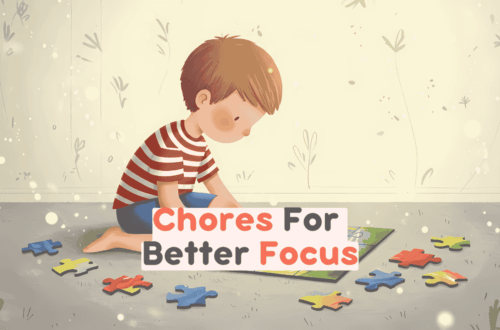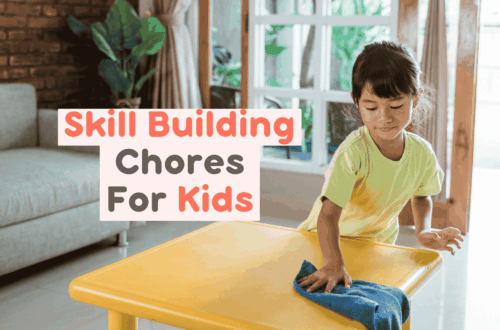Chores may look like simple household tasks, but they are powerful tools for shaping a child’s development. When kids take part in household responsibilities, they gain far more than a tidy space. They build essential life skills that will guide them into adulthood. From time management to teamwork, chores create a foundation for independence and confidence.
Responsibility and Accountability
One of the greatest lessons chores teach is responsibility. When a child is expected to feed a pet or tidy their room, they learn that their actions affect others. Over time, this sense of accountability strengthens, preparing them for challenges in school, friendships, and future careers. The Kikaroo chore tracker helps parents set clear expectations and keeps kids on track without constant reminders.
💡 Tip: Start with small, consistent tasks so kids experience the pride of accomplishment early on.
Time Management Skills
Balancing schoolwork, playtime, and chores helps children understand priorities. Even small tasks like setting the table teach them how to fit responsibilities into their daily routine. With tools such as the Kikaroo digital chore chart, families can create clear schedules that prevent chores from piling up.
👉 For more ideas on making chores part of everyday structure, see Parenting Tips to Make Chores Easier.
Problem-Solving and Independence
Chores encourage children to think independently. Sorting laundry teaches categorization, cooking with guidance introduces sequencing and problem-solving, and cleaning their own room builds decision-making skills. These small responsibilities help kids grow in independence and prepare them to take on bigger challenges.
Teamwork and Cooperation
Sharing chores as a family teaches kids that cooperation lightens the load. Whether setting the table together or working on yard work, children learn that teamwork makes tasks more enjoyable. 👉 For more structured systems that encourage teamwork, see The Complete Guide to Chore Charts & Tools.
Building Work Ethic and Life Preparation
Perhaps the most valuable outcome of chores is developing a strong work ethic. When kids complete a task and see the result, they experience the satisfaction of effort and persistence. These early lessons prepare them for future responsibilities, whether it is their first job, managing their own household, or contributing to their community.
💡 Tip: Celebrate effort, not just results, to reinforce the value of persistence.
More Than Just Housework
Chores are much more than small tasks. They shape character and instill life skills such as responsibility, time management, independence, teamwork, and work ethic. With consistent routines and supportive tools like the smart family chore tracker, parents can transform daily chores into powerful lessons that prepare children for lifelong success.

 Home
Home Features
Features Testimonials
Testimonials Downloads
Downloads FAQ
FAQ Blog
Blog








